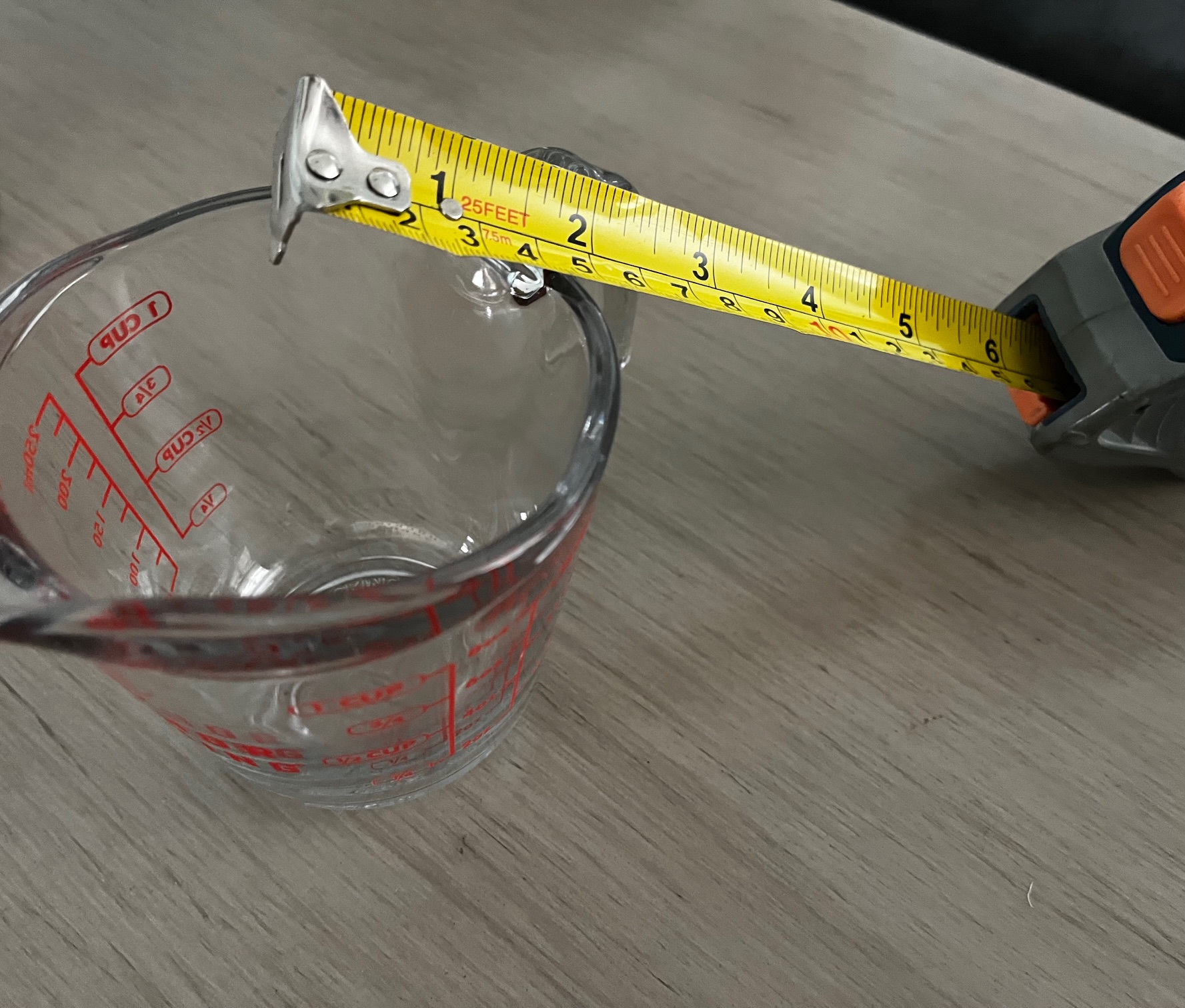.jpg.aspx?width=350&height=297)
In the past, I have suggested that drivers maintain a record of their fuel mileage for each fill-up to help them increase their fuel savings. You may ask, “How would tracking my fill-ups help to increase my fuel mileage?”.
A simple way to ensure cutting costs and increasing your revenue is to use a measurement method. Using a spreadsheet or just writing down your results can mean big savings to your bottom line.
When you begin to track the numbers, it becomes a game. When your mileage is higher, you will want to analyze what you did correctly or what were the advantages to achieving those numbers. The same goes for lower results. What factors or forces were at play that aided in reducing these numbers?
Now you have answers as to why, or what, factors influenced your results when comparing.
Over the years, drivers have come back to tell me that after tracking their fuel mileage, they experienced an increase as high as a mile per gallon.
The same method can be used when tracking the results of freight loads, tire wear, maintenance, and basically all other aspects of your business.
Remember, before you can improve your current numbers, you need to develop a system to measure your results.